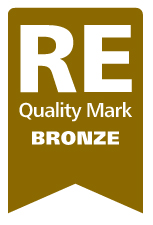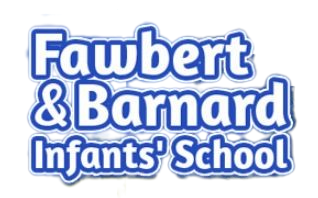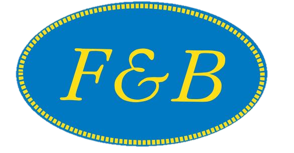Religious Education
 See below links to the documents that support our key Religious Education practice:
See below links to the documents that support our key Religious Education practice:
Whole School Overview; RE Parent Roadmap; Vocabulary Progression; Year Group Expectations & Outcomes; RE Intent Statement; Religious Education Policy.
Aims of our Religious Education Programme
Our RE curriculum aims to offer children the opportunities to understand sources of wisdom and their impact whilst also exploring personal and critical responses to what is being learnt. At F&B the RE curriculum has been devised based on the needs of the children and recommendations from The Herts Agreed Syllabus for RE. It aims to promote fluency and links between the six principle religions. The individual RE lessons are underpinned by eight identified sub-areas of RE, allowing children to draw on the similarities and differences between religions whilst also focusing on their community, their own personal development and wellbeing. F&B further promote values of SMSC, British Values and RE in additional explicit and discreet ways (identified below) to ensure children understand the relevance’s of RE in today’s modern world, and how this affects our lives. At F&B we are aware that all curriculum content about religious and non-religious traditions is a representation of reality, and that everything we teach (religion or non-religion) is somebody’s version of reality. As staff, we intend to consider all RE content as a representation, which will then come through in the way that we teach, ensuring we appreciate diversity and respect that all faiths and multifaceted and fluid.
Pupils' definition: RE teaches us to reflect on what we and others believe and value about the world
What RE looks like at F&B
Each year group is provided with a progression document (scheme of work), based on the Hertfordshire Agreed Syllabus, which outlines the focus for weekly sessions in addition to key vocabulary and significant people. From this, the subject leader creates the weekly planning, ensuring coverage of key vocabulary, skills & concepts. Teachers then adapt this planning to suit the needs of their class. In addition to this, teachers are also provided with a key vocabulary document, a year group expectations document and a whole school overview. These are available to ensure consideration is given not only to progression across an individual year group, but across the whole school and different key stages.
This makes certain that children are exposed to a curriculum that covers the eight key areas of religion, taught through the schools chosen principal religions covered. Further assessment opportunities are provided across Topic Learning, and whole school events, where they arise. Additional development of RE, SMSC and British Values is evident across the school through assemblies, the golden thread of inclusion that runs through the school, the PSHE/RSE curriculum, links with the community and rich subject focus events (including parental workshops, assemblies and CPD opportunities for staff).
Christianity and key religious celebrations are covered every year. In addition to this, Hinduism and Islam are also covered as our chosen key religions. However, Budhdhism, Judaism, Sikhism and Humanist perspectives are also referred to within some enquiries.
Spiritual, Moral, Social and Cultural (SMSC) opportunities are mapped throughout the programme as is each enquiry's contribution to developing British Values.
RE Outcomes at F&B
We believe that the regular lessons alongside the community focus, naturally woven into F&B practice, provides a rich and holistic approach to Religious Education. All children are better informed regarding their position in the world and how decisions they make can impact their future. The curriculum allows the children of F&B to develop an awareness and respect for the diverse community of the wider world. High quality work is evidenced within the children’s books and observations during lessons – this is supplemented by the use of EvidenceMe - a digital book, and the RE Curriculum Portfolio. The Portfolio also identifies all stakeholder voice and specific activities that have taken place across the course of the school year further raising the profile of Religious Education across the school.

